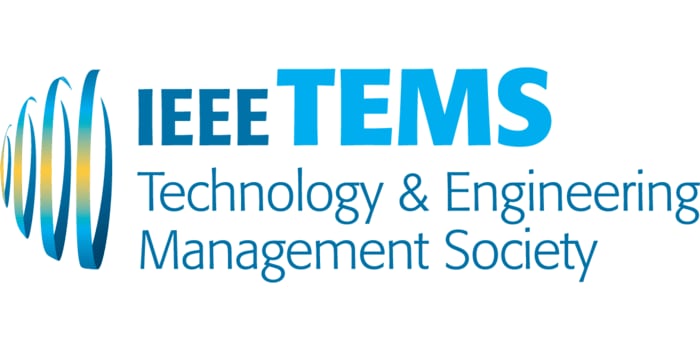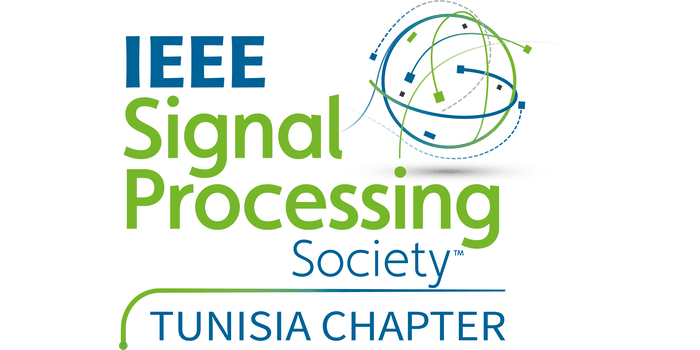Special Session:
SECURE – Safeguarding Critical Environments with Resilient and Unified Real-time Enhancements
The deployment of Digital Twins in OT and industrial environments brings tremendous operational benefits but also exposes systems to new cybersecurity risks. Attack surfaces expand as these systems become more interconnected and reliant on real-time data processing and simulation models. AI offers powerful tools to address these challenges, enabling dynamic threat detection, adaptive defenses, and robust anomaly detection. However, integrating AI and cybersecurity into Digital Twins requires innovative methodologies and collaborative approaches. This Special Session aims to address the pressing need to ensure the security and reliability of Digital Twin technologies in industrial applications. It fosters discussions on combining advanced AI techniques with state-of-the-art cybersecurity frameworks to safeguard critical infrastructures, ensuring operational continuity and resilience in the face of emerging threats.
Topics of Interest
The increasing adoption of Digital Twin technologies in the industrial and Operational Technology (OT) sectors has revolutionized operations, enabling predictive maintenance, real-time optimization, and seamless integration of physical and virtual environments. However, the interconnectivity and complexity of these systems introduce significant cybersecurity challenges, particularly in protecting critical infrastructures and industrial operations. This Special Session explores the intersection of advanced Artificial Intelligence (AI) methodologies and cybersecurity to enhance the resilience and security of Digital Twins in industrial settings. Topics will cover how AI-driven approaches can detect, mitigate, and prevent cyber threats in real-time while ensuring the robustness of Digital Twins. The session will also delve into how cybersecurity frameworks can safeguard AI-powered Digital Twin ecosystems from adversarial attacks, data breaches, and operational disruptions.
Key focus areas include:
- AI-based intrusion detection and anomaly detection for Digital Twins in OT environments
- Securing data streams and real-time simulation models in critical infrastructure systems
- Leveraging Digital Twins for cyber risk assessment and proactive defense mechanisms
- Applying explainable AI for transparent and accountable cybersecurity decision-making
- Addressing vulnerabilities in the convergence of IoT, AI, and Digital Twin technologies
This session provides an interdisciplinary platform for researchers, practitioners, and industry professionals to share novel methodologies, case studies, and challenges in safeguarding Digital Twins and OT systems against evolving cyber threats.
The session aims to achieve the following outcomes:
- Showcase cutting-edge research and applications of AI in Digital Twin cybersecurity
- Highlight best practices for securing Digital Twins in industrial and OT sectors
- Foster interdisciplinary collaboration between AI researchers, cybersecurity experts, and industrial practitioners.
- Provide actionable insights into the deployment of secure, resilient, and AI-enhanced Digital Twin technologies.
Prospective authors of papers are invited to submit a paper (typically 4-6 pages in standard IEEE two-column A4 format) via EDAS platform by suggesting the related special session: link. The paper should contain a complete description of the proposed contribution along with results, suitably framed in the related state of the art. Each paper will be reviewed in terms of relevance with respect to the scope of the event, originality and quality of the technical content, overall organization and writing style.
The IEEE Style Manual and Conference Paper templates in various formats are available through the following links: http://www.ieee.org/conferences_events/conferences/publishing/templates.html
Deadlines
- Papers Submission Deadlines – April 30, 2025
- Notification of Papers Acceptance – May 15, 2025
- Final Paper Camera-ready Submission – May 31, 2025
- Early Bird Registration Deadline – May 31, 2025
















